Will the Boeing 737 Max ever fly again?
The saga of the grounded airliner has dragged on months longer than observers initially expected

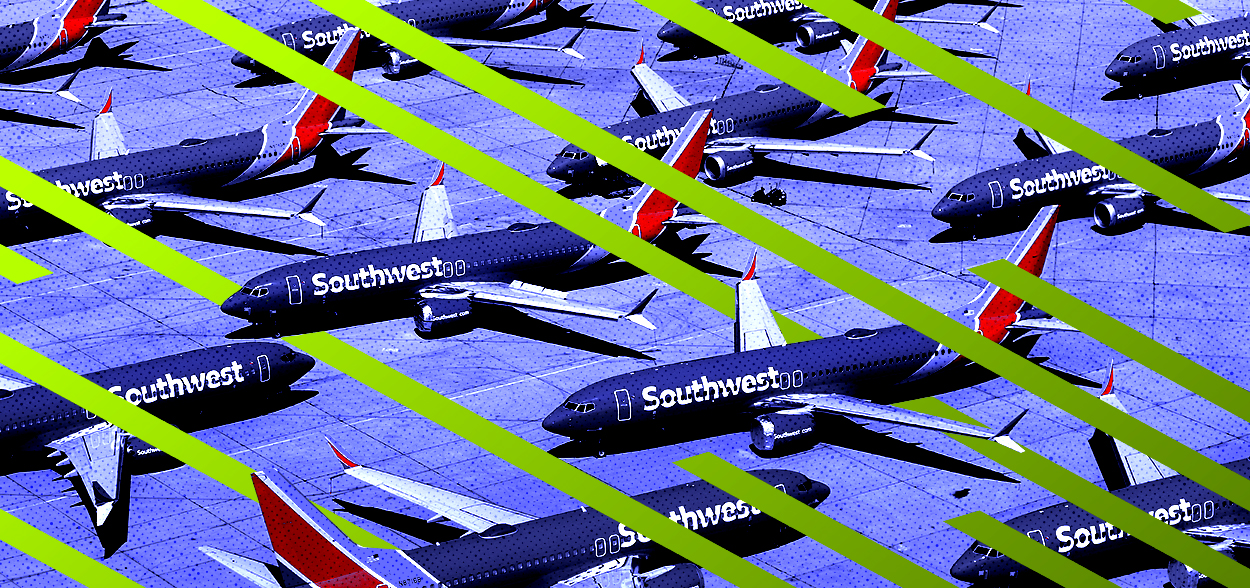
A free daily email with the biggest news stories of the day – and the best features from TheWeek.com
You are now subscribed
Your newsletter sign-up was successful
Boeing's now-infamous 737 Max was grounded around the world back in March. Assumptions at the time — including from yours truly — were that the worst-case scenario might keep the planes on the ground for a few months, and cost Boeing around $5 billion.
Well, here we are seven months later. The 737 Max remains on the ground, in what is now arguably the biggest crisis ever for the century-old company. Boeing has bled out at least $8 billion. And its third quarter results, released Wednesday morning, saw a 21-percent decline in revenue from last year's second quarter, to $20 billion, and 51-percent decline in profits to $1.17 billion.
It doesn't seem crazy to wonder if the 737 Max will ever fly again.
The Week
Escape your echo chamber. Get the facts behind the news, plus analysis from multiple perspectives.

Sign up for The Week's Free Newsletters
From our morning news briefing to a weekly Good News Newsletter, get the best of The Week delivered directly to your inbox.
From our morning news briefing to a weekly Good News Newsletter, get the best of The Week delivered directly to your inbox.
To be fair, most observers still assume it will. Boeing's stock price has actually been pretty stable since the initial hit from the grounding, bouncing between $340 and $390 per share. Which suggests investors remain confident that the whole issue will eventually get worked out. Boeing reported a $2.9 billion loss in the second quarter, after the crisis was well underway. Its quarterly sales fell to $15.8 billion — a 35-percent drop from last year's second quarter. Both those results and the latest third quarter hits are not good. But for a company that was pulling in a staggering $100 billion in annual revenue and roughly $10 billion in annual profits before the crisis began, they're manageable setbacks.
Both Boeing and the Federal Aviation Administration are hopeful that the 737 Max could be recertified to fly by the end of this year. The pilot union for Southwest Airlines, the biggest purchaser of the 737 Max, recently predicted February of 2020. And European regulators suggest this coming spring.
But if nothing else, the saga of what was once meant to be Boeing's flagship airliner is a lesson in how wealthy, powerful, and knowledgeable people can have no idea what they're doing.
Like many of its corporate contemporaries, Boeing's institutional culture has come to prize financialization, profits, cost reductions, and corner-cutting. The 737 Max was meant to be Boeing's newest answer to competition from the European manufacturer Airbus. But Boeing also wanted the 737 Max to technically remain a mere update of its earlier model airliners, so as to avoid the regulatory rigamarole associated with rolling out an entirely new craft.
A free daily email with the biggest news stories of the day – and the best features from TheWeek.com
To gain improvements in size and fuel efficiency without crossing that threshold, Boeing had to design the plane with its advanced and heavier engines in an oddball spot. This caused the plane to perform in a strange manner. To correct for that, Boeing introduced the Maneuvering Characteristics Augmentation System (MCAS), to automatically adjust the plane to cancel out the performance oddity without having to bother the pilot. Indeed, Boeing considered the MCAS such an innocuous addition that the company didn't even include it in the literature for the pilots. But the production process was under immense pressure; a lot of the MCAS software creation was outsourced to cheap labor; and there were at least two design choices that, to this day, no one can explain the logic for: The MCAS did not require agreement between two different sensory systems to function, and its automatic corrections were both extremely powerful and would repeat endlessly.
A multiple agency report, released earlier this month, also condemned the FAA's oversight of the process. The agency lacked much of the in-house expertise to scrutinize Boeing's design, and farmed out a lot of the oversight to company engineers and employees to essentially act as the agency's boots on the ground. This, of course, left those employees serving two masters, pressured to both assess the plane and also deliver it on-time and on-budget. Nor did Boeing properly inform the FAA about the development of the MCAS, particularly some significant changes made to the system midway through the process. It was a more or less perfect example of a philosophy that sees government's two greatest duties as minimizing its own spending and footprint while essentially acting as a handmaiden to business efforts.
It's also worth noting that inexperienced pilot error, and the slipshod cost-cutting of the Jakarta-based Lion Air, played some role in at least one of the crashes.
Put it all together, and in October of 2018 and March of 2019, two 737 Max airliners overwhelmed their pilots and nosedived to earth, killing a total of 346 people.
Boeing's CEO, Dennis A. Muilenburg, had also served as the chairman of the corporate board. But following the release of that scathing assessment of Boeing's internal process and FAA oversight, Muilenburg was stripped of the chairman title. He's now set to face a Congressional hearing any day now, while Boeing's board met in the last few days to figure out how to weather the latest fallout. And the company just replaced the head of its commercial airlines division.
Meanwhile, in a display of just how little trust they have in their American counterparts, European regulators have decided they'll recertify the 737 Max according to their own timetable and assessments, rather than their customary practice of coming to joint decisions with U.S. regulators.
Further adding to the hothouse atmosphere is yet another report that Boeing may not have properly informed regulators about complaints from one pilot about the MCAS system back during simulation runs in 2016.
In short, new and deeper layers of stupidity and malfeasance just keep emerging in this particular tale, and there's no particular reason to think we've hit bottom.
Thus far, the most dramatic course of action Boeing has even considered is temporarily halting production of the 737 Max. That discussion apparently surfaced in July, but there's been no decision made. Even going that far seems to strike many people as borderline unimaginable, given the hit not just to Boeing's business and its jobs, but to parts suppliers and buyers and the rest of the economy. Outside of a thought experiment from Barron's in July, no one appears to be seriously contemplating what would happen if the 737 Max wound up staying on the ground permanently.
The bitter irony is that, Barron's didn't think even this worst-of-worst-case scenarios was an existential threat. My initial prediction that Boeing would cruise through the crisis was based on the company's sheer pre-crisis scale. And while I wasn't nearly cynical enough about the depth of the problem or Boeing's incompetence, the company's latest report shows the buffer provided by those resources still holds. As Barron's noted, Boeing has other aircraft lines that could step up to fill the sales hole left by the 737 Max's demise. No doubt, it would be a smaller and more chastened company without the airliner. But it would probably survive.
Such is the wealth, power, and advantage of the corporate behemoths in late-stage American capitalism.
Want more essential commentary and analysis like this delivered straight to your inbox? Sign up for The Week's "Today's best articles" newsletter here.
Jeff Spross was the economics and business correspondent at TheWeek.com. He was previously a reporter at ThinkProgress.
-
 The ‘ravenous’ demand for Cornish minerals
The ‘ravenous’ demand for Cornish mineralsUnder the Radar Growing need for critical minerals to power tech has intensified ‘appetite’ for lithium, which could be a ‘huge boon’ for local economy
-
 Why are election experts taking Trump’s midterm threats seriously?
Why are election experts taking Trump’s midterm threats seriously?IN THE SPOTLIGHT As the president muses about polling place deployments and a centralized electoral system aimed at one-party control, lawmakers are taking this administration at its word
-
 ‘Restaurateurs have become millionaires’
‘Restaurateurs have become millionaires’Instant Opinion Opinion, comment and editorials of the day
-
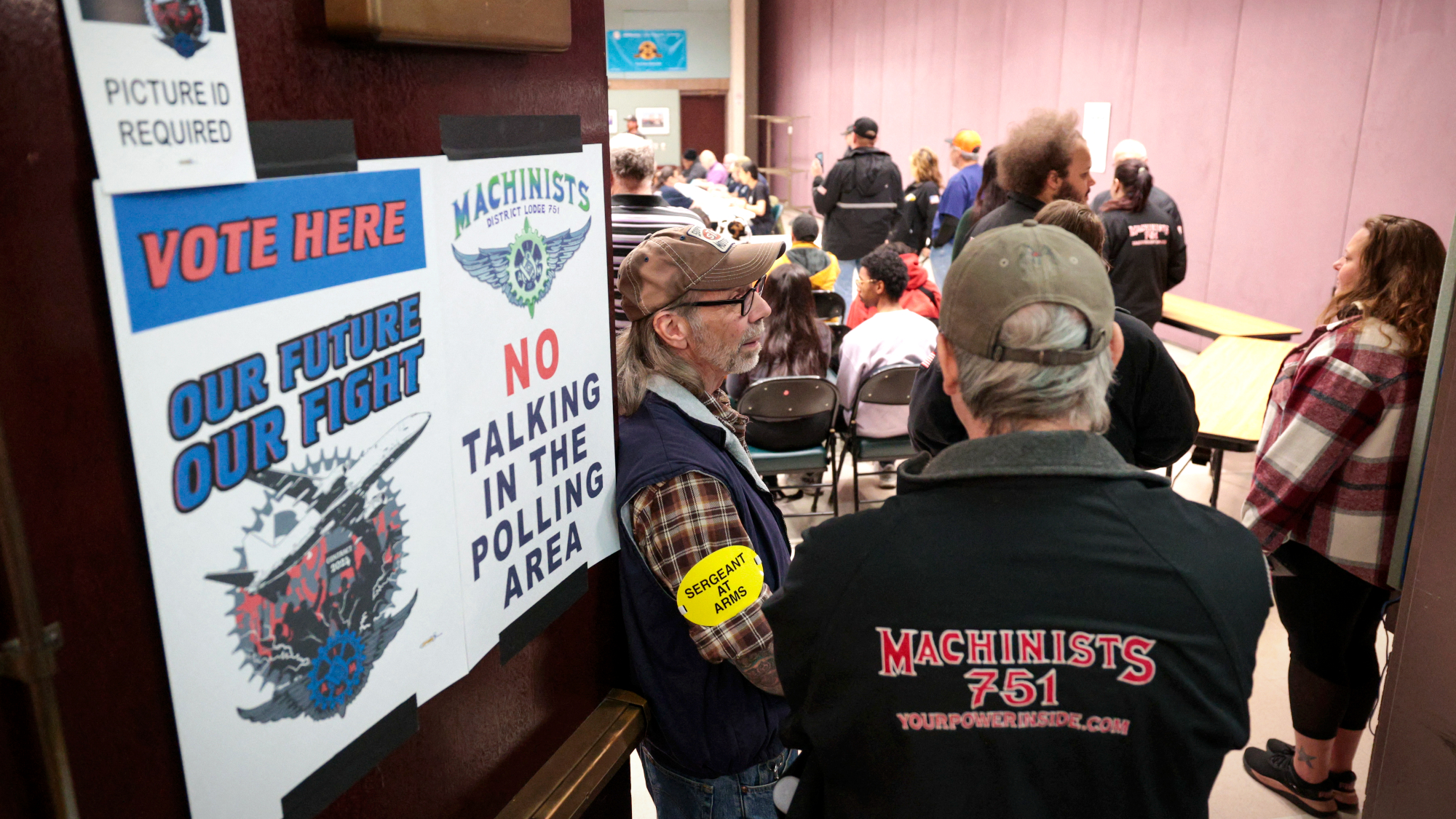 Boeing machinists approve contract, end strike
Boeing machinists approve contract, end strikeSpeed Read The company's largest union approved the new contract offer, ending a seven-week strike
-
 Boeing machinists reject deal, continue strike
Boeing machinists reject deal, continue strikeSpeed Read The rejection came the same day Boeing reported a $6.2 billion quarterly loss
-
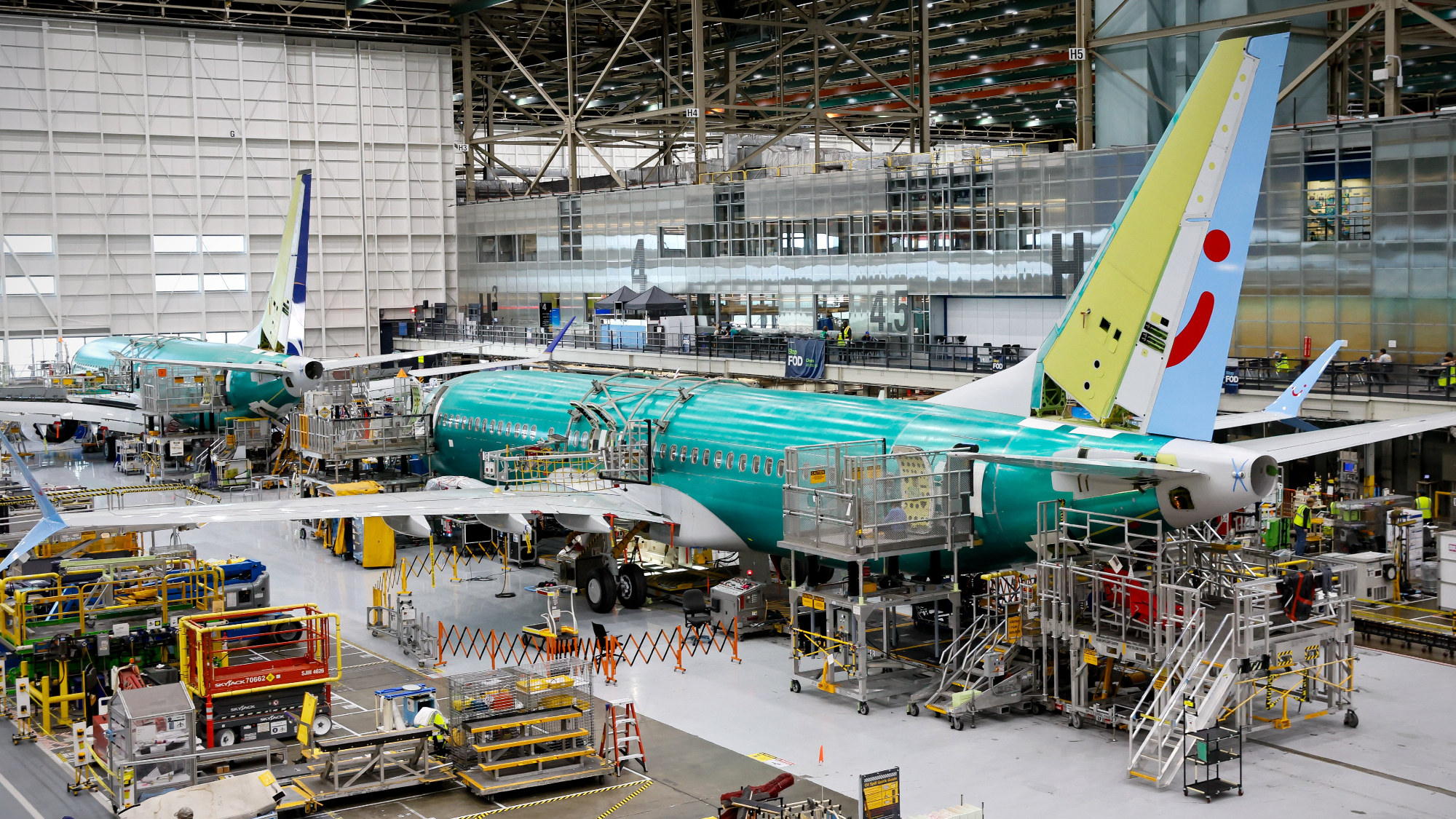 US seeks Boeing plea deal, lawyers say
US seeks Boeing plea deal, lawyers saySpeed Read The deal is tied to deadly 737 Max crashes in 2018 and 2019
-
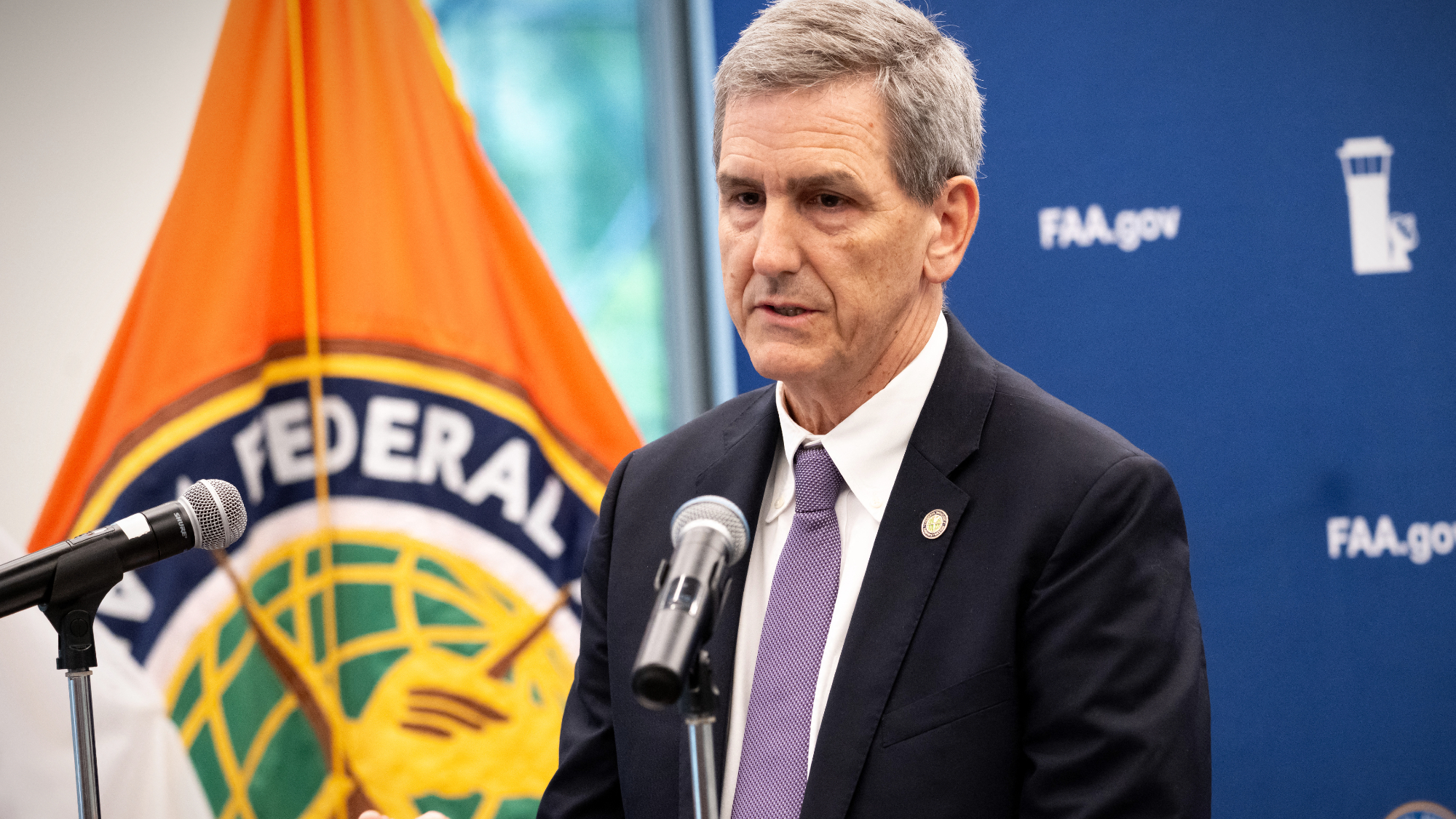 Boeing releases safety plan to skeptical FAA
Boeing releases safety plan to skeptical FAASpeed Read The Federal Aviation Administration demanded the plan after a door blew out on a Max 737 flight
-
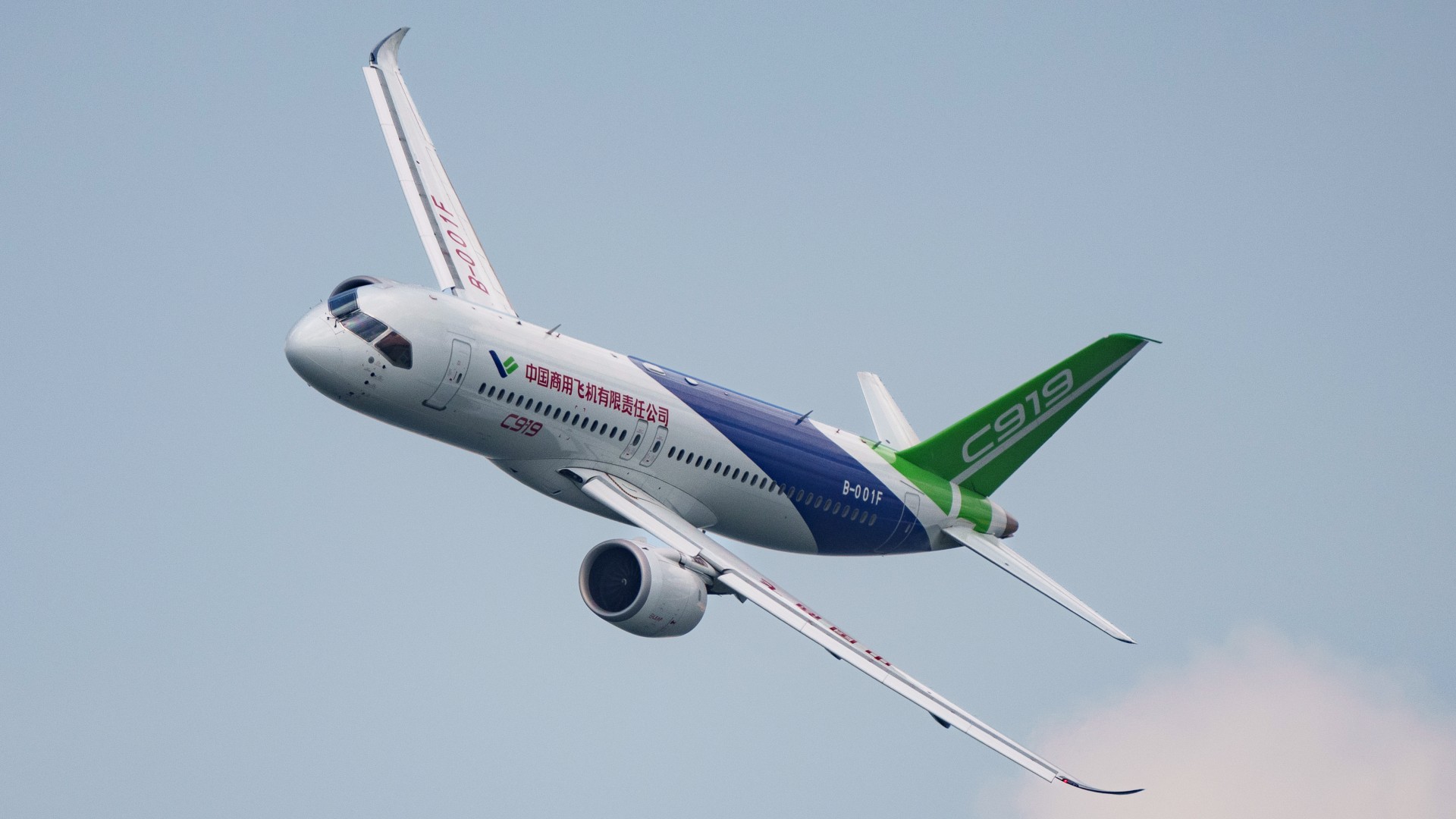 Boeing's problems have become an opportunity for China's plane manufacturer
Boeing's problems have become an opportunity for China's plane manufacturerUnder the Radar COMAC is looking to pass both Boeing and Airbus in the international market
-
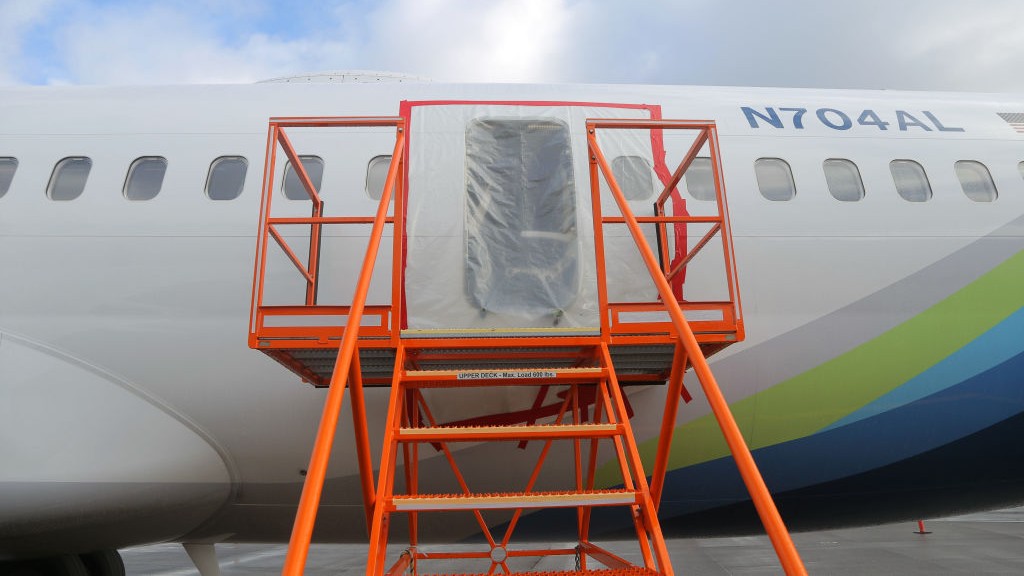 How Boeing dropped the ball on air safety
How Boeing dropped the ball on air safetyTalking Points The company has been plagued by accidents and crashes that have hurt its once-golden reputation
-
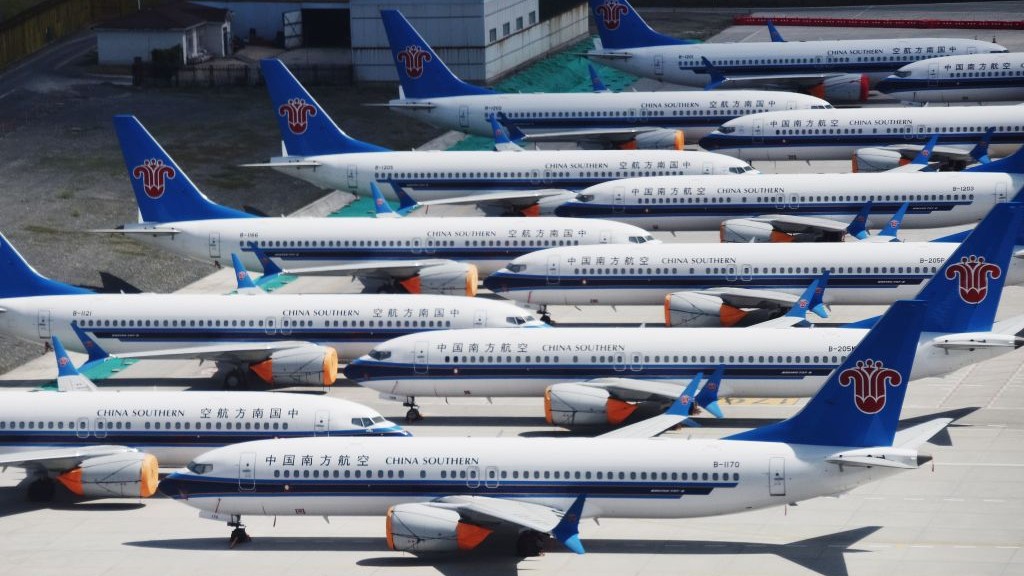 China delaying Boeing airplane deliveries in potential blow to US relations
China delaying Boeing airplane deliveries in potential blow to US relationsSpeed Read Chinese airlines are reportedly delaying the deliveries as a result of safety concerns over the 737 Max jet
-
 The pros and cons of noncompete agreements
The pros and cons of noncompete agreementsThe Explainer The FTC wants to ban companies from binding their employees with noncompete agreements. Who would this benefit, and who would it hurt?
